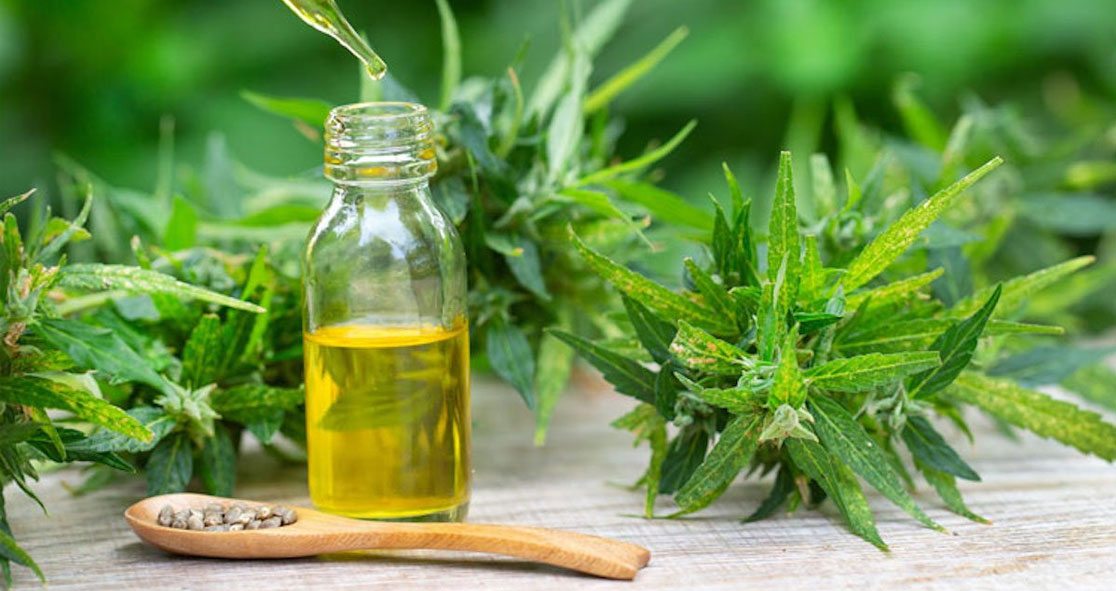Despite the fact that there is no enough clinical evidence, many people rely on CBD to overcome chronic pain.
Now, a team of researchers at Syracuse University (SU), New York, has carried out a study investigating CBD’s efficacy as a pain reliever. The researchers found that CBD may relieve pain due to a combination of its actual pharmacological effects and people’s expectations of pain relief.
Lead author Martin De Vita explained, “For science and the public at large, the question remained: Is the pain relief that CBD users claim to experience due to pharmacological effects or placebo effects? That’s a fair question because we know that simply telling someone that a substance has the ability to relieve their pain can actually cause robust changes in their pain sensitivity. These are called ‘expectancy effects.’”
“We hypothesized that we would primarily detect expectancy-induced placebo analgesia (pain relief),” De Vita added. “What we found, though, after measuring several different pain outcomes, is that it’s actually a little bit of both. That is, we found improvements in pain measures caused by the pharmacological effects of CBD and the psychological effects of just expecting that they had gotten CBD. It was pretty remarkable and surprising.”
The study was published in the journal Experimental and Clinical Psychopharmacology.
De Vita noted that pain is not a simple phenomenon. It involves the physical, or “sensory,” perception of pain’s intensity, as well as the person’s emotional, or “affective,” response to pain, according to Medscape Medical News
He explained, “We were going into this thinking we were going to primarily detect the expectancy-induced pain relief, but what we found out was way more complex than that, and that’s exciting.”
De Vita told Medical News Today, “It’s always a good idea to explore the pharmacological and psychological effects of substances.”
“This is especially the case with pain research because the pain experience can be dramatically influenced by psychological factors,” he added. “If we can increase our understanding of how substances affect us, we can help providers, patients, and consumers make informed decisions.”
He said since “this is the first human experimental pain study on CBD, research still needs to examine its effects in different clinical pain populations. We’ve got a lot of catching up to do!” The article was published on Medical News Today.























